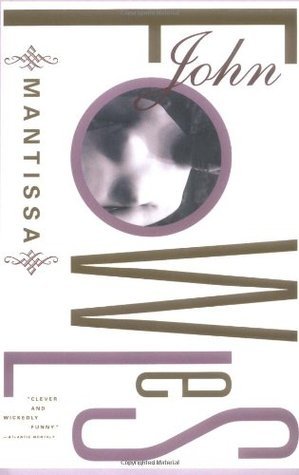What do you think?
Rate this book


208 pages, Paperback
First published January 1, 1982
“And I’ll tell you what a modern satyr is. He’s someone who invents a woman on paper so that he can force her to say and do things no real woman in her right mind ever would.”
The reflective novel is sixty years dead, Erato. What do you think modernism was about? Let alone post-modernism. Even the dumbest students know it’s a reflexive medium now, not a reflective one.
Serious modern fiction has only one subject: the difficulty of writing serious modern fiction. First, it has fully accepted that it is only fiction, can only be fiction, will never be anything but fiction, and therefore has no business at all tampering with real life or reality.